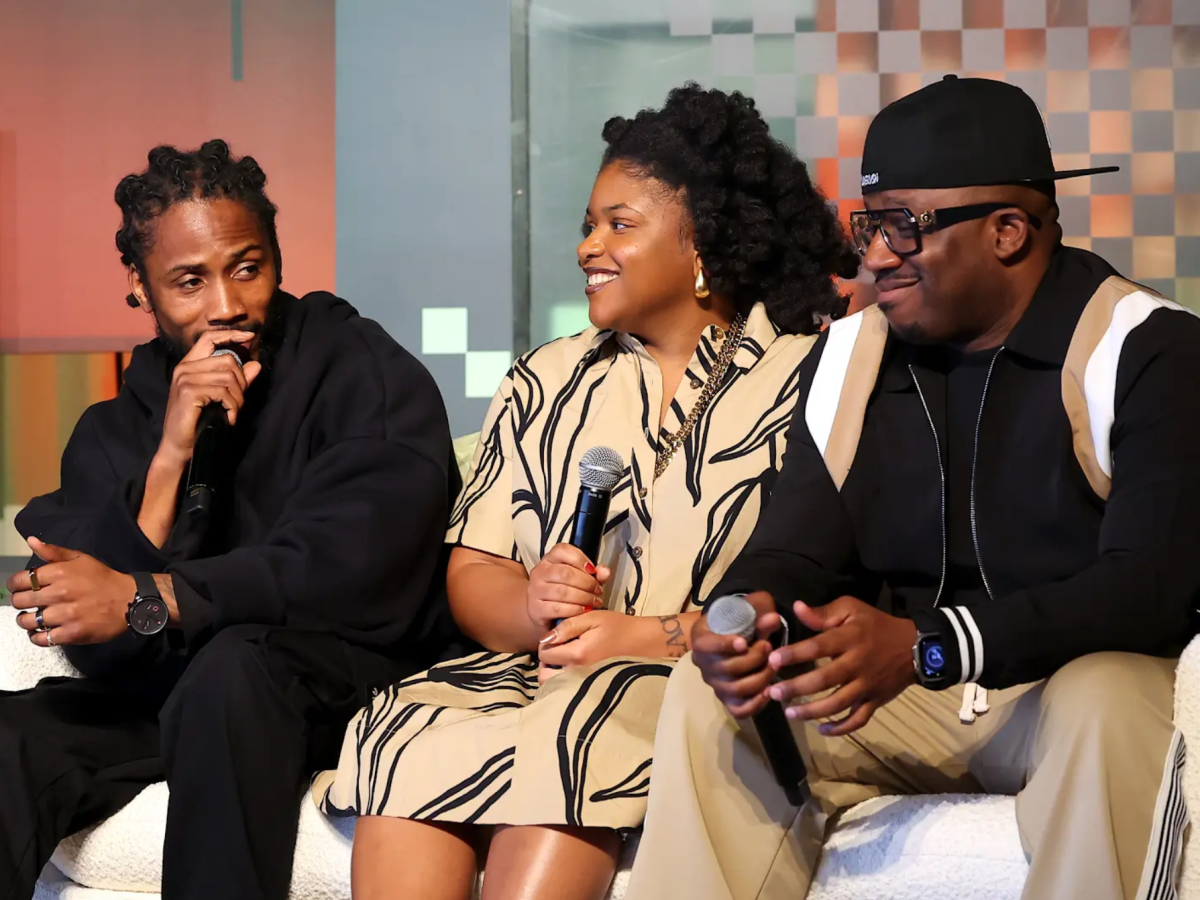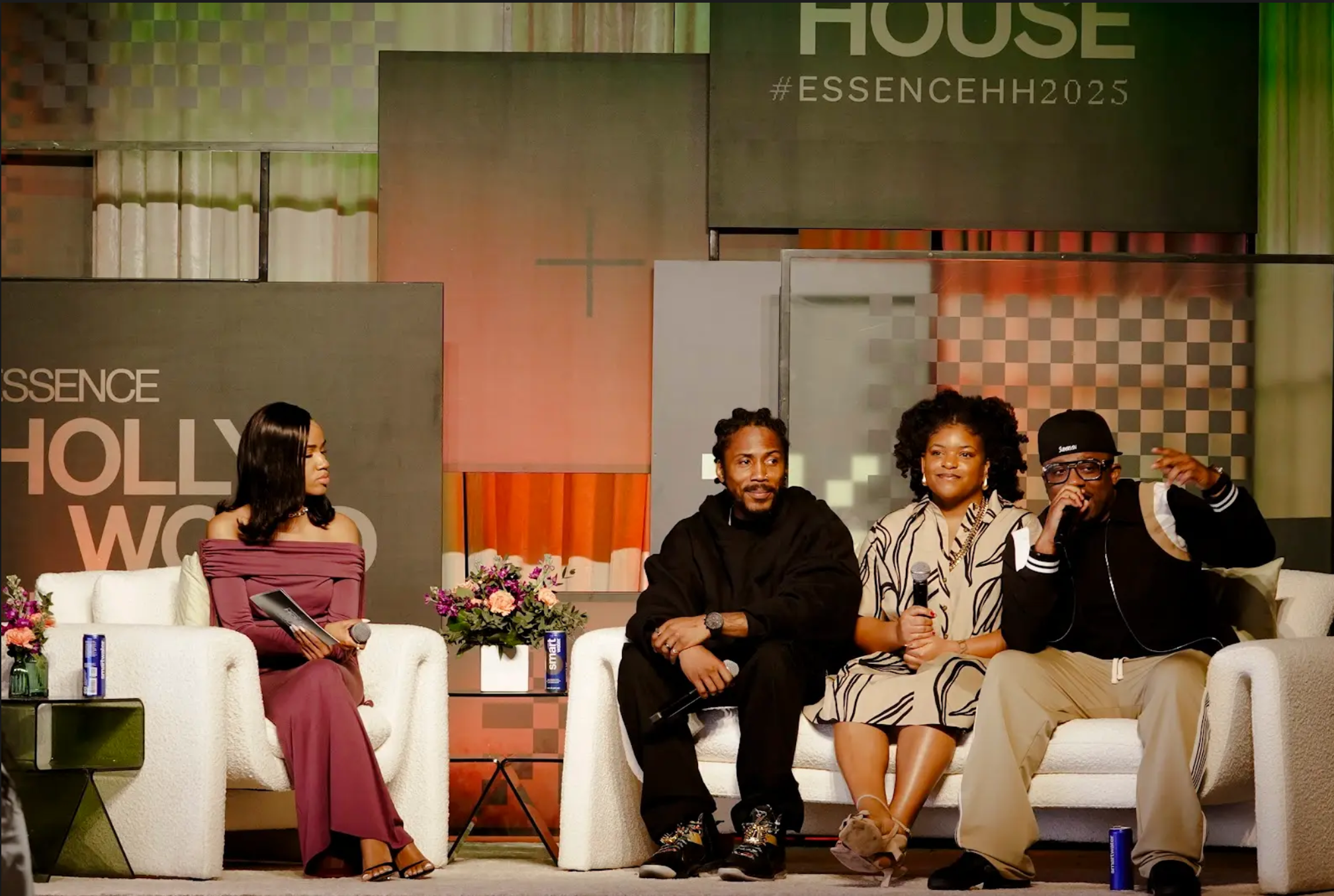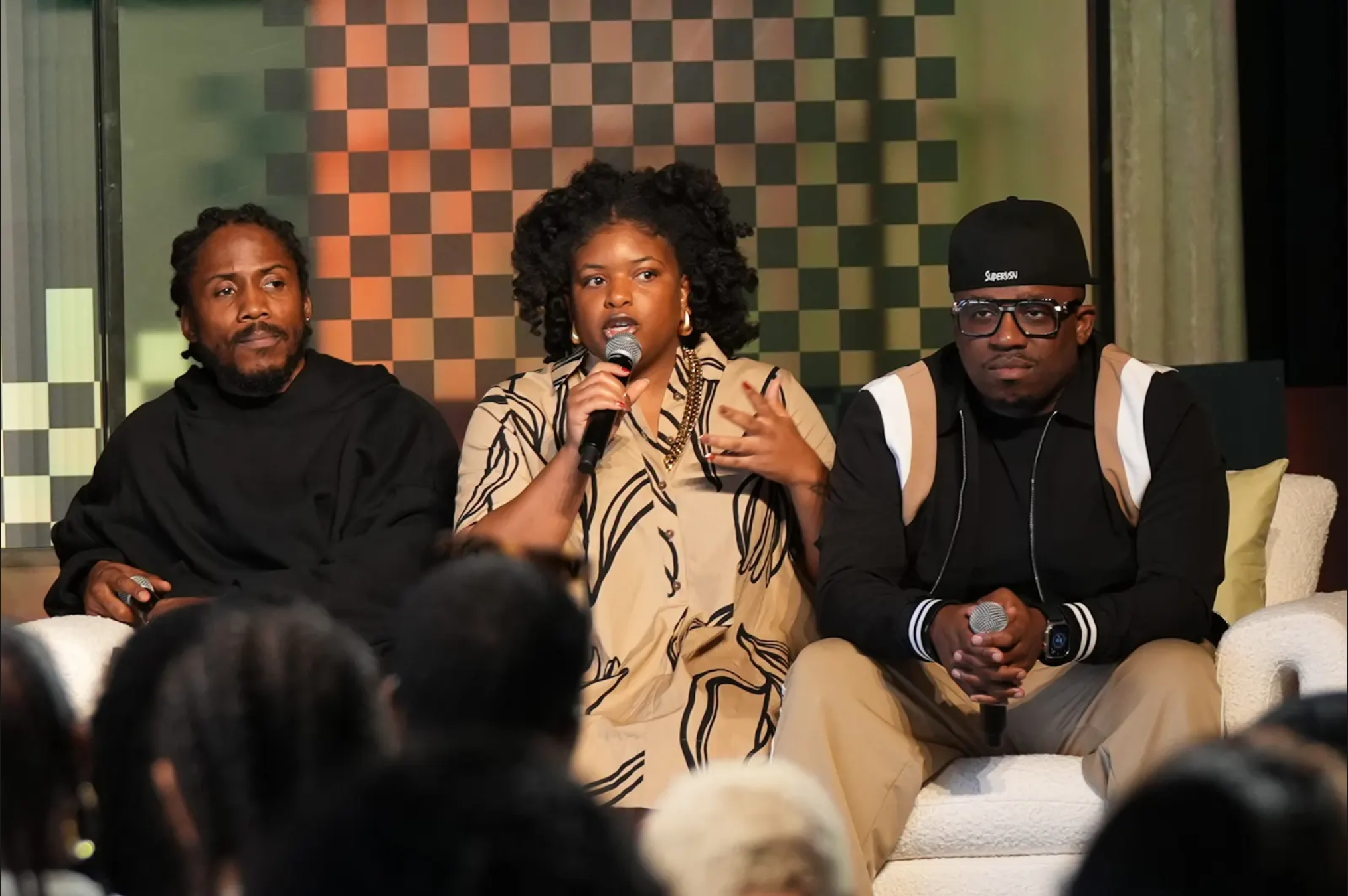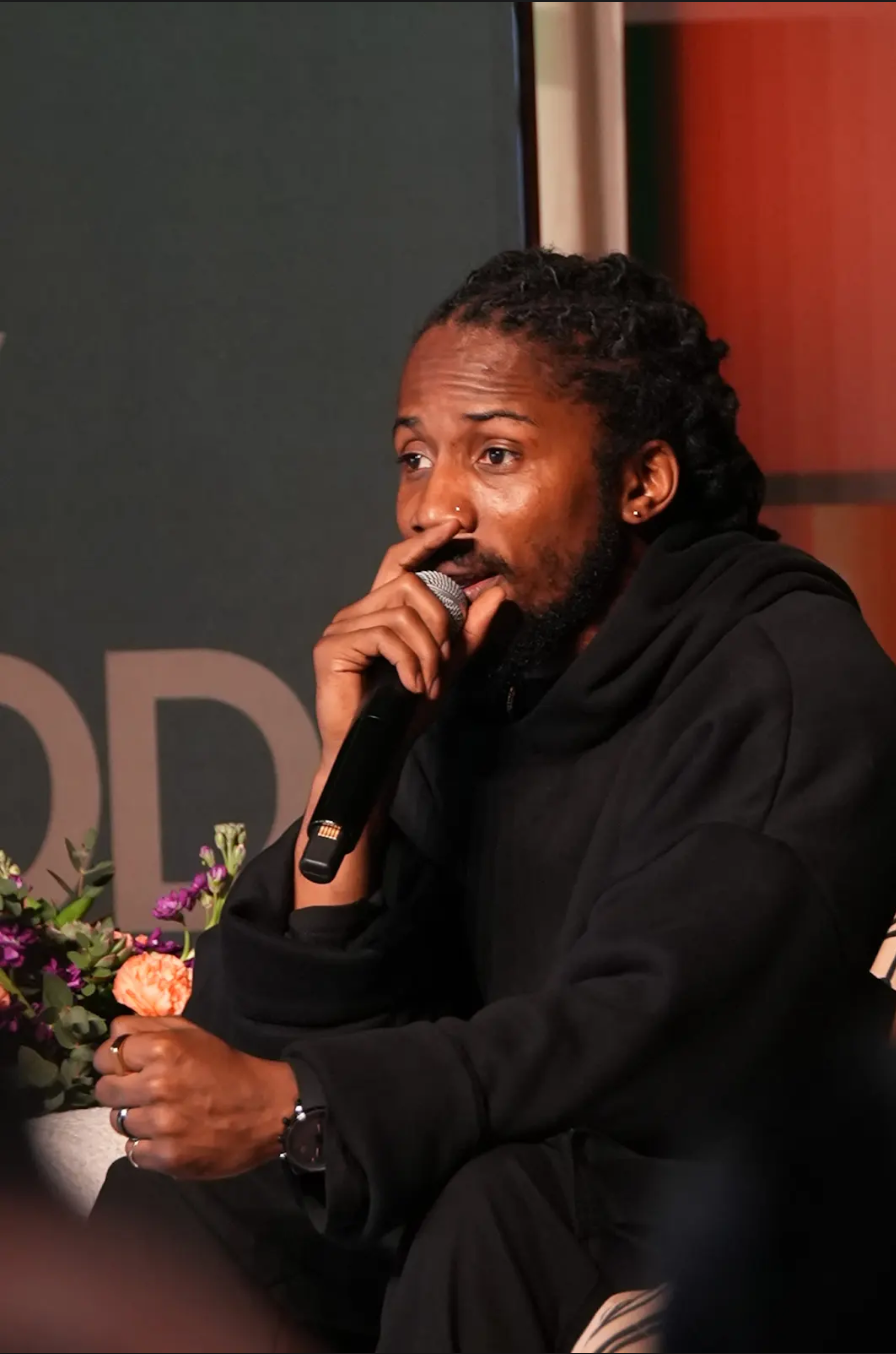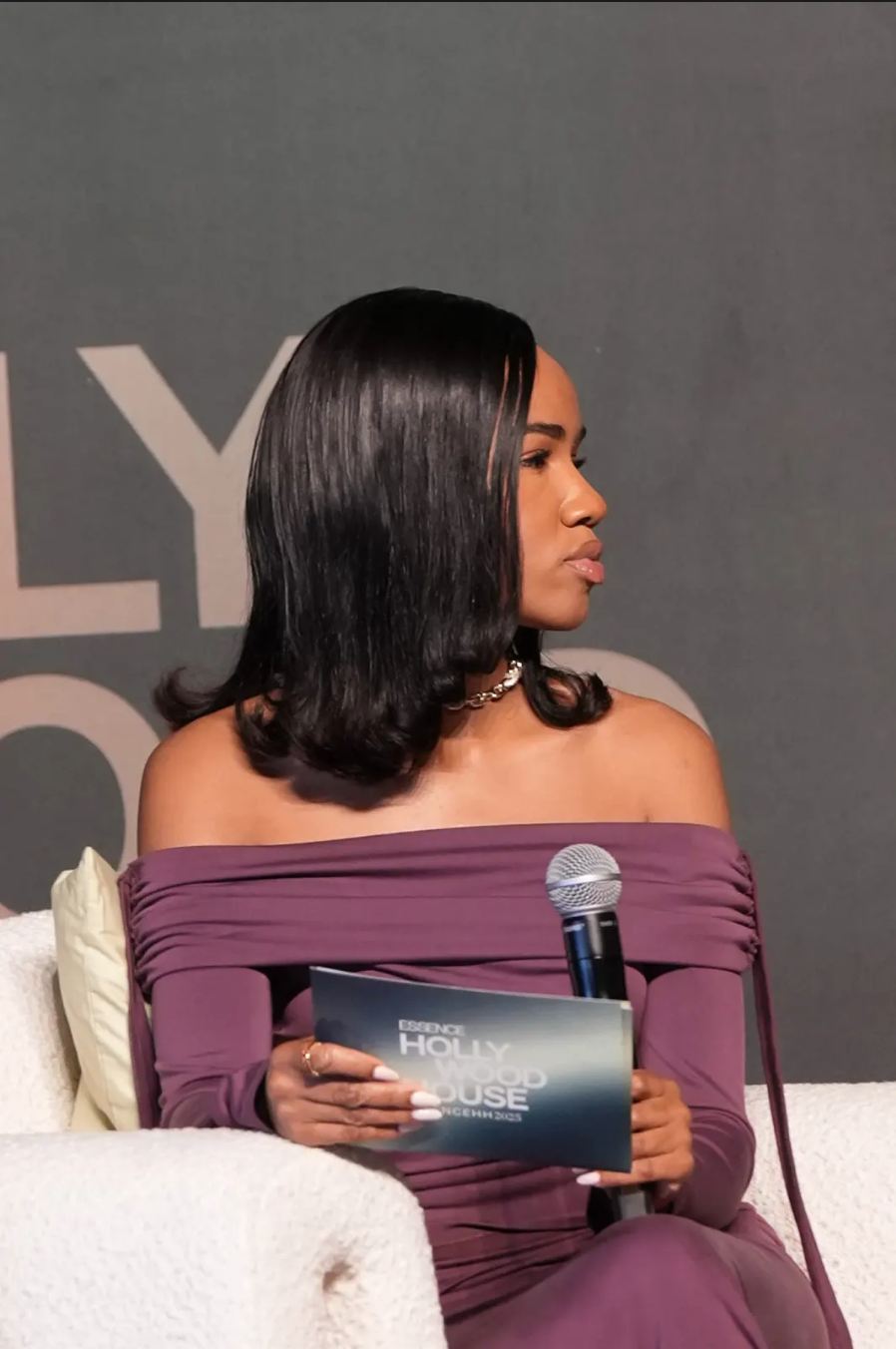
According to Dr. Karinn Glover, a leading Black woman psychiatrist focused on increasing access to mental health resources for marginalized populations, the answer is yes. She recently met with teachers from across the country to provide mental health support and resources as a part of the Release the Pressure (RTP) campaign – a national movement empowering Black women to prioritize self-care and improve their heart health. And now she is here to share what she has learned about the impact of the pandemic on mental health and high blood pressure.
Here are the top five things she wants you to know.
There is A Mind/Body Connection. Dr. Glover says that there are links between the kinds of stress you encounter, the way your mind responds and the way your body responds. “When speaking with the teachers, I heard a deep concern for students who have lost loved ones to COVID, lost economic and housing stability due to COVID and some students who have completely stopped showing up for their remote classes and are now unreachable.” This severe loss is very stressful and can translate to elevations in your blood pressure. So, she emphasized using mindfulness as a way to help keep track of stress levels, recognize when we’re approaching overload, and avoid those intense moments when we lose control of our emotions. She says, “Mindfulness can be part of lowering our blood pressure.”
We are “Weathering” a Storm. The term “weathering” was coined by Arline Geronimus, a health researcher, who saw racial differences in health and suspected that the differences were not due to different behaviors or inherent susceptibility to disease, but moreover were a reflection of just how stressful living life as a Black person in America can be. Black people are exposed to so much more than our White counterparts, like environmental stress, discrimination in banking practices, health care, at work, and in public places. And according to Dr. Glover, “That stress accumulates and takes a toll on the ways our organs function,” she says. “It means that when we compare a 45-year-old Black person with their 45-year-old white coworker, we see often see signs of quicker aging in the Black person.”
According to RTP Coalition member Dr. Richard Allen Williams, founder & CEO of the Minority Health Institute and founder of the Association of Black Cardiologists,
“Racism, whether conscious or unconscious, has been pervasive in our society since the days of slavery. It can be attributed to the health care disparities that we now suffer with, and it has been extremely difficult to erase those disparities. That’s why it’s crucial for campaigns like Release the Pressure to bring heart health resources directly to our community.”

Communities at Risk Lead to Health Risks. Understanding the ways that our communities are at such high risk for unfair treatment in nearly every sector of life gives us all a greater exposure to stress. “Greater exposure to stress is linked to a constant outpouring of stress hormones,” she explains that, “in turn, this can change the way our bodies process sugar, how much belly fat we accumulate, and how high our blood pressure is while we are awake and asleep.” This makes it more important than ever to understand your blood pressure numbers, and how to connect those numbers to your heart health and stress level. “For starters, we need to maintain a certain level of pressure in our blood vessels in order to make sure oxygen and nutrients reach all parts of our body,” Dr. Glover says. “Blood pressure can increase based on our stress level and decrease when we are asleep.” She adds that there is compelling research that shows Black people who face discrimination in multiple areas of their life often have higher blood pressure than their White counterparts “and that even when we are asleep, our blood pressure doesn’t go down like our White counterparts,” she says.
Prevention is Key. Dr. Glover knows what it’s like to have a family history of health conditions. “My grandmother had high blood pressure and she died from a stroke because her blood pressure was so difficult to control,” she says. “She and my grandfather, like millions of African-Americans in the 1940’s, left the south and moved north to find safety, escape state sanctioned violence and other forms of racial terror.” Her grandmother and other relatives had been too poor to finish middle school, so they worked extremely hard in low-paying service jobs and factories to make a new start, maintain stability for her family and create opportunities for their children. “They encountered structural racism (gentrification, unstable housing and insensitive health care) and it was this constant exposure to setbacks, interpersonal racism and injustice felt by the entire Black community that contributed to her medical illness, she says. “I suspect her interactions with medical providers lacked the sensitivity that she and so many of our loved ones deserved. There was little understanding of the complexity of their circumstances, their grief, their loss, their experience of terror, and the toll that it took on their bodies.” Now that Dr. Glover has reached the age that some of her relatives developed high blood pressure, she has the power to recognize that her Black body is vulnerable too. “That makes it even more important that I exercise at least three days per week and include yoga, mindfulness, and vegetables and/or fruits with every meal,” she says. It is part of her plan to stay healthy in the face of structural racism, microaggressions, and everyday discrimination.

Honor Your Beauty and Yourself. Choosing to study at Howard University after 12 years of being educated in predominantly White settings, she wanted to bask in the beauty and diversity of an environment filled with intellectual rigor, art, self-love and a spirit that has sustained her work for liberation. And that’s why the Release the Pressure campaign has such a deep meaning to her. “It shows us a way we can care for ourselves while we fight for our equality and resist everyday discrimination,” she says. “And knowing our numbers is part of our larger effort to care for ourselves, enjoy our bodies and life for decades to come.” She measures her blood pressure every three months to keep an eye out for hypertension and says that learning to rest and not feel guilty about the need for rest is a growing part of her self-care practice. And lastly, she believes that a daily practice of checking in with yourself can make your life better.
Take the pledge to make self-care a priority to improve your heart health at ReleasethePressure.org.






